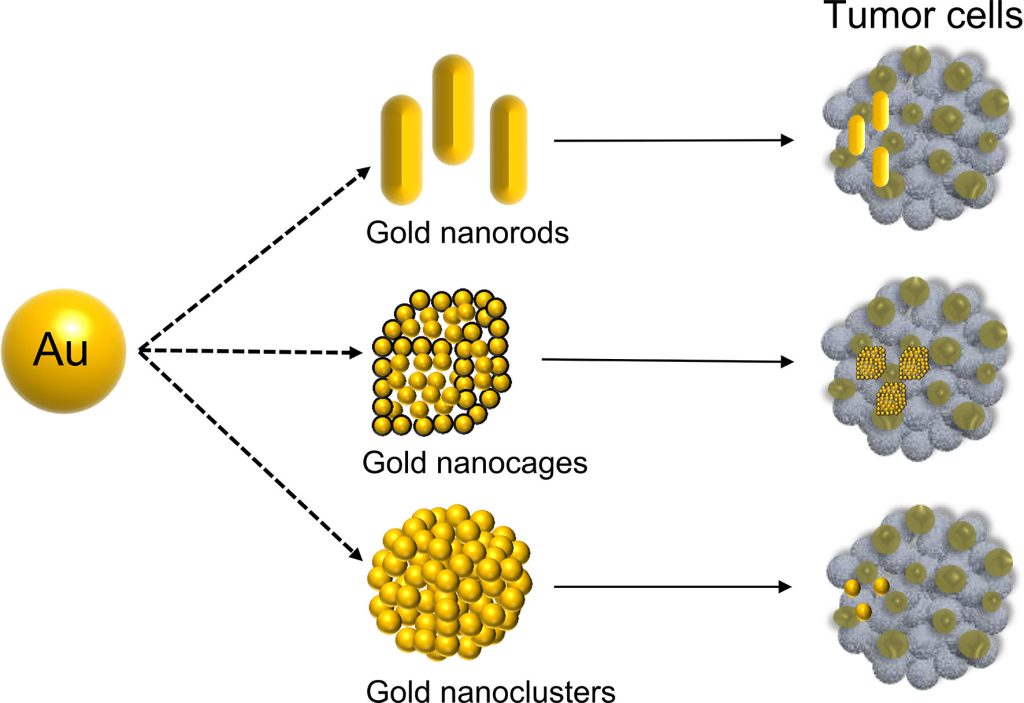Basics of Nanotechnology

Objective: To provide an introduction to the fundamental concepts of nanotechnology, including its definition, history, and key principles.
Introduction to Nanotechnology:
Nanotechnology is the science and engineering of materials and systems at the nanometer scale, typically ranging from 1 to 100 nanometers (nm). At this scale, materials exhibit unique properties that differ from their bulk counterparts, which can be leveraged in various scientific, industrial, and medical applications. In neurosurgery, nanotechnology promises to enhance the precision and efficacy of treatments through targeted drug delivery, improved imaging, and the development of novel surgical tools.
Key Concepts in Nanotechnology:
- What is Nanotechnology?
- Nanotechnology refers to the design, production, and application of structures, devices, and systems by manipulating atoms and molecules at the nanoscale. This manipulation allows for the creation of materials and devices that have distinct physical, chemical, and biological properties.
- The Nanoscale:
- The nanoscale is defined as materials with dimensions ranging from 1 to 100 nanometers. To put this in perspective, a nanometer is one-billionth of a meter. This scale is where quantum mechanical effects are most noticeable and where traditional rules of chemistry and physics are often replaced by new phenomena.
- Historical Background of Nanotechnology:
- The concept of nanotechnology was first proposed by physicist Richard Feynman in his famous 1959 lecture, “There’s Plenty of Room at the Bottom.” The field gained significant momentum in the 1980s with the development of tools like the scanning tunneling microscope (STM), which allowed scientists to observe and manipulate individual atoms.
Applications of Nanotechnology:
- Materials Science:
- At the nanoscale, materials can exhibit enhanced strength, electrical conductivity, and thermal properties, making them suitable for a wide range of applications, including in the development of more durable surgical tools.
- Medicine:
- Nanotechnology has revolutionized drug delivery systems, allowing for more precise targeting of medications to specific areas of the body, such as brain tumors in neurosurgery.
- Electronics:
- Nanoscale transistors and sensors are being developed to create smaller and more efficient electronic devices, which could be used in medical imaging systems.

Real-World Example:
- Nanoparticles in Drug Delivery:
- One of the key applications of nanotechnology in medicine is drug delivery. Nanoparticles can be engineered to deliver drugs directly to specific cells or tissues, minimizing side effects and improving the effectiveness of treatments. This is especially important in neurosurgery, where drugs must cross the blood-brain barrier.
Case Study:
- Gold Nanoparticles in Cancer Therapy:
- Gold nanoparticles are being studied for use in cancer therapy, where they can be used to deliver drugs to cancer cells. These particles can be guided to tumors using specific targeting molecules, reducing the damage to surrounding healthy tissues.

By the end of this module, you will have a thorough understanding of the basics of nanotechnology, the properties of nanoscale materials, and how these properties are harnessed for medical applications, particularly in neurosurgery. This foundational knowledge will provide the basis for exploring more advanced nanotechnology applications in later modules.